How to Create a Customer Loyalty Management Strategy That Works (for CPG Brands)
In the crowded world of consumer packaged goods, shelf space isn’t the only thing you’re fighting for — it’s mindshare. CPG brands that win long-term are the ones that build direct relationships with customers, even if the sale happens through a third-party retailer. That’s where a smart customer loyalty management strategy comes in.
Done right, it helps you build brand equity, grow repeat purchases, and collect valuable first-party data — all without disrupting the path to purchase.
1. Set Clear Loyalty Goals for Your Category
Loyalty looks different in CPG than in ecommerce. You’re not just tracking conversions — you're often trying to influence behavior across fragmented retail environments.
Examples of loyalty goals for CPG brands:
Drive repeat purchases within a time window (e.g., “buy again in 30 days”)
Encourage cross-sell between SKUs or sub-brands
Collect verified receipts to build first-party data
Move customers from trial to habitual use
Start by deciding whether your loyalty play is transactional (points, rebates) or emotional (experiences, exclusivity). The best programs usually blend both.
2. Meet Consumers Where They Are — In Stores, At Home, or On the Go
Your customers might see your product in-store, use it at home, and then interact online. Your loyalty program needs to span all those touchpoints.
Modern loyalty platforms for CPG brands now offer:
QR code activations on packaging
Receipt upload or barcode scan to verify purchases
Mobile wallet passes for rewards without an app
SMS-based reminders for reorders or limited-time offers
This “no app required” model increases participation and helps you engage customers regardless of where they buy — retail, online, or DTC.
3. Turn Packaging Into a Loyalty Channel
Your packaging isn’t just for branding — it’s real estate for activation. A clear call-to-action like “Scan to Join & Earn Rewards” gives your product a digital afterlife.
Smart packaging strategies include:
Tiered rewards for product usage over time
Limited-time sweepstakes tied to seasonal campaigns
Geo-targeted promotions based on store distribution
Retailer-specific offers to strengthen partnerships
Platforms like AirBaton make it easy to power this with trackable QR codes and flexible campaign types — no app development or retailer integration required.
4. Reward More Than Just Purchases
CPG loyalty doesn’t have to be all about points. Think bigger than just transactions.
Here’s what else you can incentivize:
Uploading a photo or review
Trying a new product variant
Referring a friend to the brand
Joining your email or SMS list
Engaging with your brand on social
These soft actions help build emotional loyalty and give you insight into who your real fans are — even if they’re not your heaviest spenders yet.
5. Integrate Loyalty Data With Your CRM or CDP
One of the biggest wins for CPG marketers? Owning the data.
Many CPG loyalty platforms now integrate with tools like Salesforce, Klaviyo, or your preferred CDP. This lets you:
Build enriched consumer profiles
Power personalized email flows and SMS reminders
Trigger rewards based on behaviors or lifecycle stage
If your loyalty data isn’t feeding your broader marketing stack, it’s just sitting there. Make sure you choose a solution that plays well with your existing systems.
6. Keep It Simple for the Shopper
Consumers are busy. If joining your loyalty program takes more than 30 seconds, most will bounce.
The ideal loyalty flow for CPG?
Scan a QR code
Register in under a minute
Get a reward or earn points instantly
Platforms like AirBaton have leaned into this frictionless model, ditching the app in favor of mobile-first micro experiences that anyone can access in a few taps.
7. Measure What Matters — and Be Ready to Optimize
CPG loyalty programs are goldmines for insights, but only if you know what to track.
Key metrics:
Participation rate by retailer or region
Repeat engagement across campaigns
SKU-specific performance tied to rewards
First-party data growth
Redemption and reactivation rates
Test different incentives, creative hooks, and time windows to see what drives the strongest response. Loyalty isn’t static — it’s a living part of your brand strategy.
Final Takeaway: Loyalty = Leverage
In the CPG space, you don’t always control the point of sale — but you can control the relationship with your consumer. A well-executed loyalty management strategy helps you build that relationship, collect data, and increase sales — without adding friction for shoppers or retailers.
You don’t need a massive tech stack to make this happen. The right platform will make it fast, simple, and scalable — with features like QR code activations, digital payouts, and CRM integration baked in.
Want your product to stand out after the first purchase? Build a loyalty strategy that keeps you top-of-mind — and in the cart — again and again.

